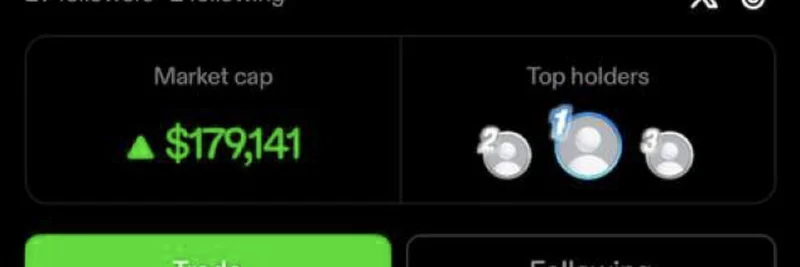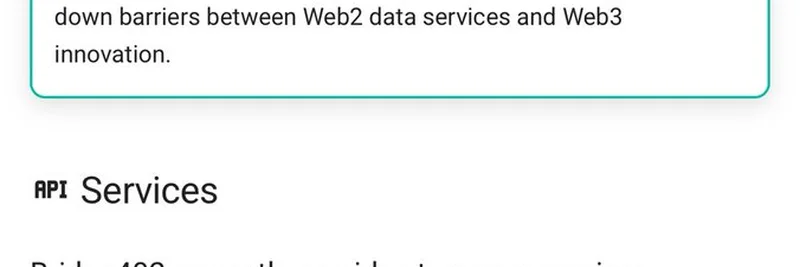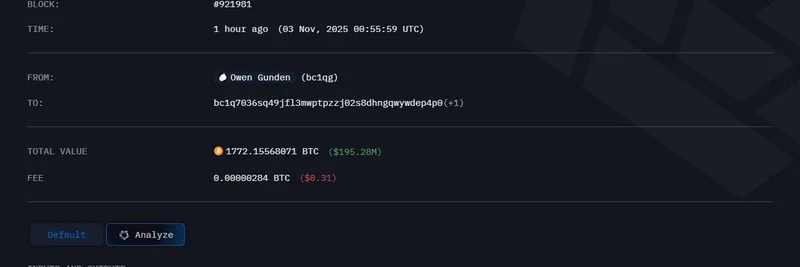In the fast-paced world of blockchain and meme tokens, platforms like Zora are pushing boundaries by letting creators launch their own coins tied to social profiles. But a recent incident involving a fake Tyson Fury account has sparked heated discussions about user control and platform responsibilities.
It all started when a "verified" account posing as boxing legend Tyson Fury popped up on Zora. The platform, known for its NFT and creator economy tools built on Ethereum, allows users to create and trade coins linked to verified social handles. A user named Jacob Horne, who happens to be Zora's cofounder, tweeted about spotting @Tyson_Fury joining the platform. This quickly drew attention, and folks jumped in to buy the associated creator coin.
However, things took a turn. The account was deleted—likely by Zora's team after realizing it was an impersonation. Jacob's tweet vanished, and the token along with trade history disappeared from users' Zora wallets. Crystal Tai, an engineer at Artemis and the original poster, highlighted the issue in her thread: "there’s now no way to sell. sure, i could export my seed + sell on uniswap, but that’s risky (and unrealistic for new users)."
This move by Zora effectively locked holders out of easy access to their assets. Creator coins on Zora are essentially ERC-20 tokens, but the platform's interface hides moderated or deleted profiles, making trades invisible in the app. While tech-savvy users can export private keys and swap on decentralized exchanges like Uniswap, newcomers might think their investments have evaporated.
Community Reactions Pour In
The thread drew responses from notable figures in crypto. Investigator ZachXBT simply commented "Coin this," perhaps nodding to the viral potential or the need to memorialize the event. Zora cofounder Jacob Horne chimed in, explaining that selling is still possible via coin-to-coin swaps and linking to a support article (Zora Support). He mentioned the team is working on easier ways to sell moderated profiles and addressing the growing issue of fake accounts connecting legitimate socials briefly.
Other users shared frustrations. One holder lamented losing big on multiple similar incidents: "As a holder of 1700+ creator coins I have lost a ton off this. Just keeps happening with these big accounts." Another questioned if it was a rug pull, while suggestions floated about transferring tokens to external wallets for swapping.
Why This Matters for Meme Token Enthusiasts
Meme tokens thrive on hype, virality, and community trust, often tied to celebrities or viral moments. Zora's creator coins blend this with social verification, but this event exposes vulnerabilities. If a platform can unilaterally hide assets—even for good reasons like combating scams—it challenges the core blockchain promise of user sovereignty.
For blockchain practitioners, this is a reminder to understand the tech stack. Always have backup plans like using wallets such as MetaMask for direct interactions with smart contracts. It also underscores the risks of impersonation in decentralized spaces, where verification isn't foolproof.
Platforms like Zora are onboarding masses to crypto, but incidents like this could erode confidence. As Jacob noted, they're iterating quickly to fix these pain points, aiming to ship updates soon. In the meantime, due diligence is key: verify accounts, monitor for red flags, and diversify holdings.
This saga with the fake Tyson Fury coin isn't just a blip—it's a lesson in balancing innovation with user protection in the meme token ecosystem. Stay tuned as Zora evolves, and remember, in crypto, knowledge is your best defense.



